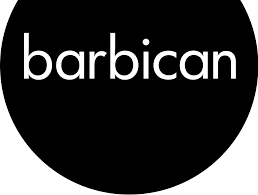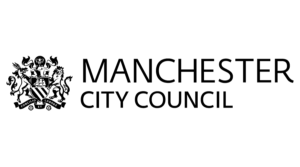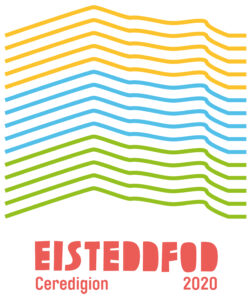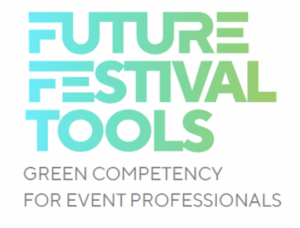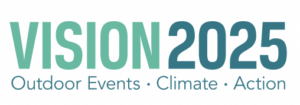We launched The Show Must Go On environmental Report in 2015, with a vision for the UK festival Industry. Since then it has been recognised as world-leading, referenced by hundreds of festivals news articles and research as a first-of-its-kind source of information and best practice advice regarding festival sustainability. It has provided a framework, focus and momentum for the events industry to take action on the climate crisis in the form of Vision:2025.
We received some vital support back then, but the endeavour relied on a core of people and organisations, and it felt like we were swimming upstream at times, with many being interested but too busy to take action.
Within events sector the sustainability conversation has gathered a lot of momentum as seen by the growth of Vision 2025 to over 100 festival members last year, and the success of the Vision:2025 crowdfunder, with over 70 supporters.
The core Powerful Thinking group behind the first edition have continued to research, speak at industry conferences, and engage with an ever-widening group of UK event organisers and suppliers.
Roll forward five years and there are a lot more ears and minds open to the reality of the climate crisis and that everyone can play an important part in reducing our carbon footprint to minimise global warming, and protecting ecological capital and systems. The report opens with the simple call to action:
- It’s warming.
- It’s us.
- We’re sure.
- It’s bad.
- We can fix it.
This time last year we recognised that the Show Must Go On Report needed updating. There have been lots of great innovations that can help organisers, we’ve been analysing data that shows the most effective measures event organisers and suppliers can take to reduce their carbon impact
The SMGO is a ‘state of the industry report’ based on the data we have collected from the industry and provides a snapshot of where we are. It reveals the innovations and practices that are helping event organisers to tackle transport and energy emissions, reduce plastic and single use, source more responsibly, and communicate about green issues effectively.
In five years we have seen significant shifts in commitment and awareness, the technology and services available to events, waste management practices, travel management and energy efficiency. Reusable bar cups balancing travel emissions and reporting on waste are now mainstream. Organisers are monitoring performance. The report analyses the data available, and reveals the numbers that indicate the changes taking place and what action count in terms of the environment.
A significant innovation for the 2020 edition is that the report will be supplemented by a new Vision 2025 website, featuring a ‘Knowledge Hub’ which will give comprehensive guidance to events aiming to reduce environmental impacts. This will be a sustainable treasure-chest with advice around all of the key topics, links to key resources, discursive platforms, case studies and sustainable supplier profiles.
There is a proliferation of information and potential sources, some good, some not so proven or reliable in their scientific rigour or objectivity. This knowledge base is curated by what I consider to be the UK’s finest minds when it comes to outdoor event sustainability – it is a not-for-profit collaborative effort for the industry by the industry. For people wanting to make a real difference with their event there is nothing worse that investing time and money in a misguided carbon reduction project. We hope this source of information will negate that possibility.
An awareness of circular economy is developing as an approach, which has some merit if applied competently, but the basics haven’t changed in that we must measure impacts, act, reduce, repeat in all areas. We’re optimistic that across the next five years we can make a significant reduction in event impacts and there is a growing number of people focused on this – check out the Vision for s Sustainable Event Industry at www.vision2025.org.uk





